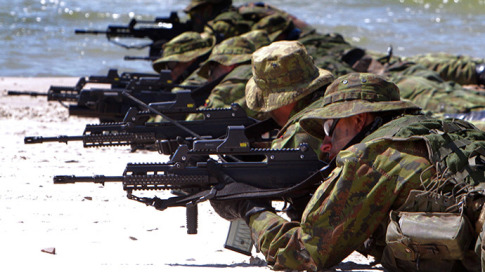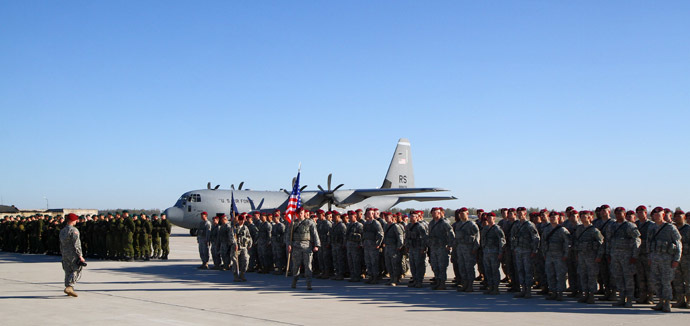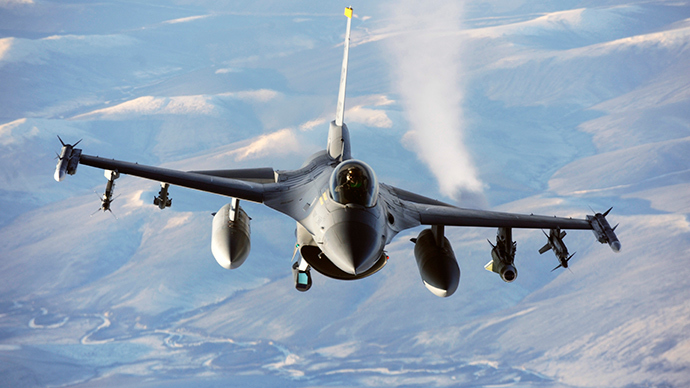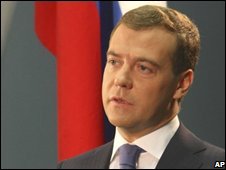
Riot police officers, in front of Lithuania’s Parliament building, confronted about 7,000 demonstrators in Vilnius on Friday. Ints Kalnins/Reuters
MOSCOW – Riots broke out once again in the Baltic states on Friday, this time in the Lithuanian capital, Vilnius, where a group of 7,000 gathered to protest planned economic austerity measures. A smaller group began throwing eggs and stones through the windows of government buildings until the police moved in, using tear gas and rubber bullets to disperse the crowd.
The episode was nearly identical to one on Tuesday in Latvia, when a peaceful protest of 10,000 people erupted into violence. And on Wednesday, a gathering of 2,000 in Sofia, the Bulgarian capital, began throwing stones and snowballs at the Parliament building, calling for the nation’s leaders to resign.
In all three countries, years of steady economic growth have come to a jarring halt, and citizens are facing layoffs and cuts in wages. In each case, the authorities were left wondering whether they were facing organized activism or just the anger of people whose expectations have been disappointed. “I think this is just the beginning,” said Anders Aslund, a senior fellow at the Peterson Institute for International Economics in Washington. “We should expect this to happen in many places.”
Related articles:
– Latvia Is Shaken by Riots Over Its Weak Economy (New York Times)
– Recession sparks riots in Sofia and Riga (Irish Times)
– Protests spread in Europe amid economic crisis (Los Angeles Times)
Like its neighbor, Latvia, Lithuania has enjoyed a reputation as a “Baltic Tiger,” buoyed by foreign investment, a housing boom and annual growth rates of around 8 percent. Although Lithuania is not facing as dire an outlook as Latvia, economists predict a 5 percent drop in gross domestic product there next year, and the newly elected Parliament has announced tough austerity measures: workers in the public sector will see pay cuts of up to 15 percent, pensions will fall and an array of taxes will rise.
Read moreBaltic Riots Spread to Lithuania in the Face of Deteriorating Economic Conditions






